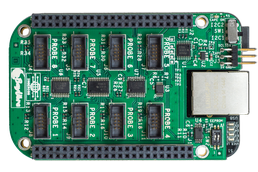Over the last few releases, a significant number of improvements in terms of QA-related tooling has been done in the Buildroot project. As an embedded Linux build system, Buildroot has a growing number of packages, and maintaining all of those packages is a challenge. Therefore, improving the infrastructure around Buildroot to make sure that packages are in good shape is very important. Below we provide a summary of the different improvements that have been made.

check-package script
Very much like the Linux kernel has a checkpatch.pl script to help contributors validate their patches, Buildroot now has a check-package script that allows to validate the coding style and check for common errors in Buildroot packages. Contributors are encouraged to use it to avoid common mistakes typically spotted during the review process.
check-package is capable of checking the .mk file, the Config.in, the .hash file of packages as well as the patches that apply to packages.
Contributed by Ricardo Martincoski, and written in Python, this tool will first appear in the next stable release 2017.05, to be published at the end of the month.
Buildroot’s page of package stats has been updated with a new column Warnings that lists the number of check-package issues to be fixed on each package. Not all packages have been fixed yet!
test-pkg script
Besides coding style issues, another problem that the Buildroot community faces when accepting contributions of new packages or package updates, is that those contributions have rarely been tested on a large number of toolchain/architecture configurations. To help contributors in this testing, a test-pkg tool has been added.
Provided a Buildroot configuration snippet that enables the package to be tested, test-pkg tool will iterate over a number of toolchain/architecture configurations and make sure the package builds fine for all those configurations. The set of configurations being tested is the one used by Buildroot autobuilder’s infrastructure, which allows us to make sure that a package will not fail to build as soon as it is added into the tree. Contributors are therefore encouraged to use this tool for their package related contributions.
A very primitive version of this tool was originally contributed by Thomas Petazzoni, but it’s finally Yann E. Morin who took over, cleaned up the code, extended it and made it more generic, and contributed the final tool.
Runtime testing infrastructure
The Buildroot autobuilder infrastructure has been running for several years, and tests random configurations of Buildroot packages to make sure they build properly. This infrastructure allows the Buildroot developers to make sure that all combinations of packages build properly on all architectures, and has been a very useful tool to help increase Buildroot quality. However, this infrastructure does not perform any sort of runtime testing.
To address this, a new runtime testing infrastructure has recently been contributed to Buildroot by Thomas Petazzoni. Contrary to the autobuilder infrastructure that tests random configurations, this runtime testing infrastructure tests a well-defined set of configurations, and uses Qemu to make sure that they work properly. Located in support/testing this test infrastructure currently has only 25 test cases, but we plan to extend this over time with more and more tests.
For example, the ISO9660 test makes sure that Buildroot is capable of building an ISO9660 image that boots properly under Qemu. The test suite validates that it works in different configurations: using either Grub, Grub2 or Syslinux as a bootloader, and using a root filesystem entirely contained in an initramfs or inside the ISO9660 filesystem itself.
Besides doing run-time tests of packages, this infrastructure will also allow us to test various core Buildroot functionalities. We also plan to have the tests executed on a regular basis on a CI infrastructure such as Gitlab CI.
DEVELOPERS file and e-mail notification
Back in the 2016.11 release, we added a top-level file called DEVELOPERS, which plays more or less the same role as the Linux kernel’s MAINTAINERS file: associate parts of Buildroot, especially packages, with developers interested in this area. Since Buildroot doesn’t have a concept of per-package maintainers, we decided to simply call the file DEVELOPERS.
Thanks to the DEVELOPERS file, we are able to:
- Provide the
get-developerstool, which parses patches and returns a list of e-mail addresses to which the patches should be sent, very much like the Linux kernelget_maintainer.pltool. This allows developers who have contributed a package to be notified when a patch is proposed for the same package, and get the chance to review/test the patch. - Notify the developers of a package of build failures caused by this package in the Buildroot autobuilder infrastructure. So far, all build results of this infrastructure were simply sent every day on the mailing list, which made it unpractical for individual developers to notice which build failures they should look at. Thanks to the
DEVELOPERSfile, we now send a daily e-mail individually to the developers whose packages are affected by build failures. - Notify the developers of the support for a given CPU architecture of build failures caused on the autobuilders for this architecture, in a manner similar to what is done for packages.
Thanks to this, we have seen developers who were not regularly following the Buildroot mailing list contribute again fixes for build failures caused by their packages, increasing the overall Buildroot quality. The DEVELOPERS file and the get-developers script, as well as the related improvements to the autobuilder infrastructure were contributed by Thomas Petazzoni.
Build testing of defconfigs on Gitlab CI
Buildroot contains a number of example configurations called defconfigs for various hardware platforms, which allow to build a minimal embedded Linux system, known to work on such platforms. At the time of this writing, Buildroot has 146 defconfigs for platforms ranging from popular development boards (Raspberry Pi, BeagleBone, etc.) to evaluation boards from SoC vendors and Qemu machine emulation.
In order to make sure all those defconfigs build properly, we used to have a job running on Travis CI, but we started to face limitations, especially in the maximum allowed build duration. Therefore, Arnout Vandecappelle migrated this on Gitlab CI and things have been running smoothly since then.

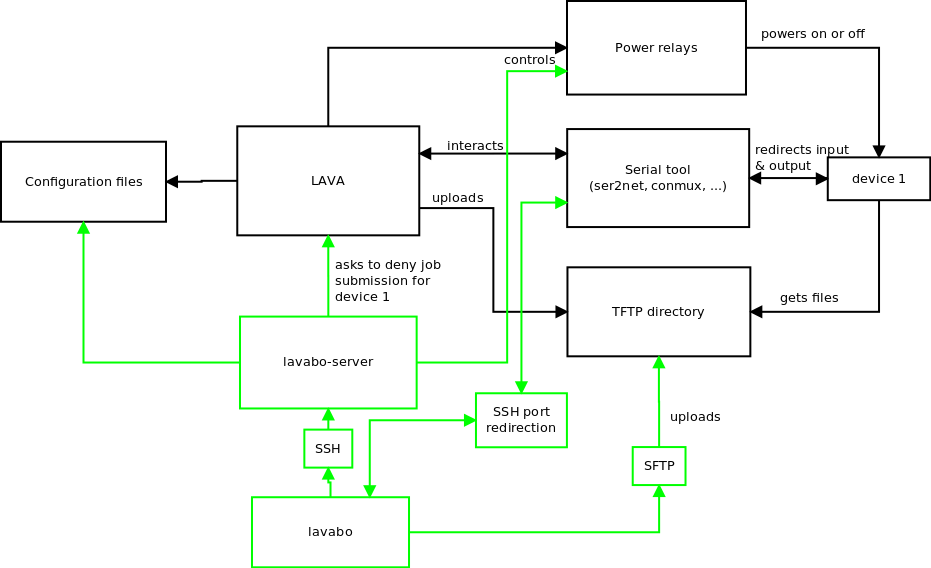
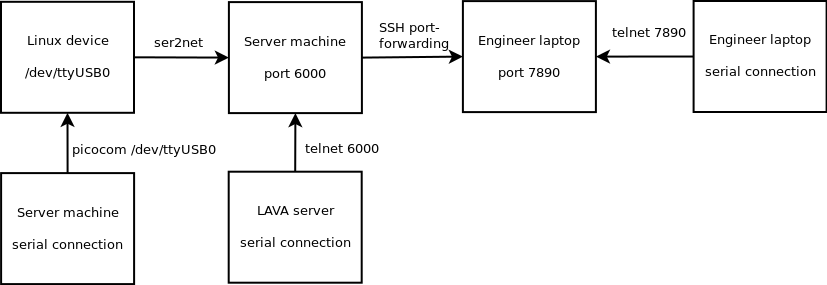
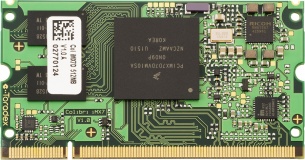 Bootlin engineer
Bootlin engineer 


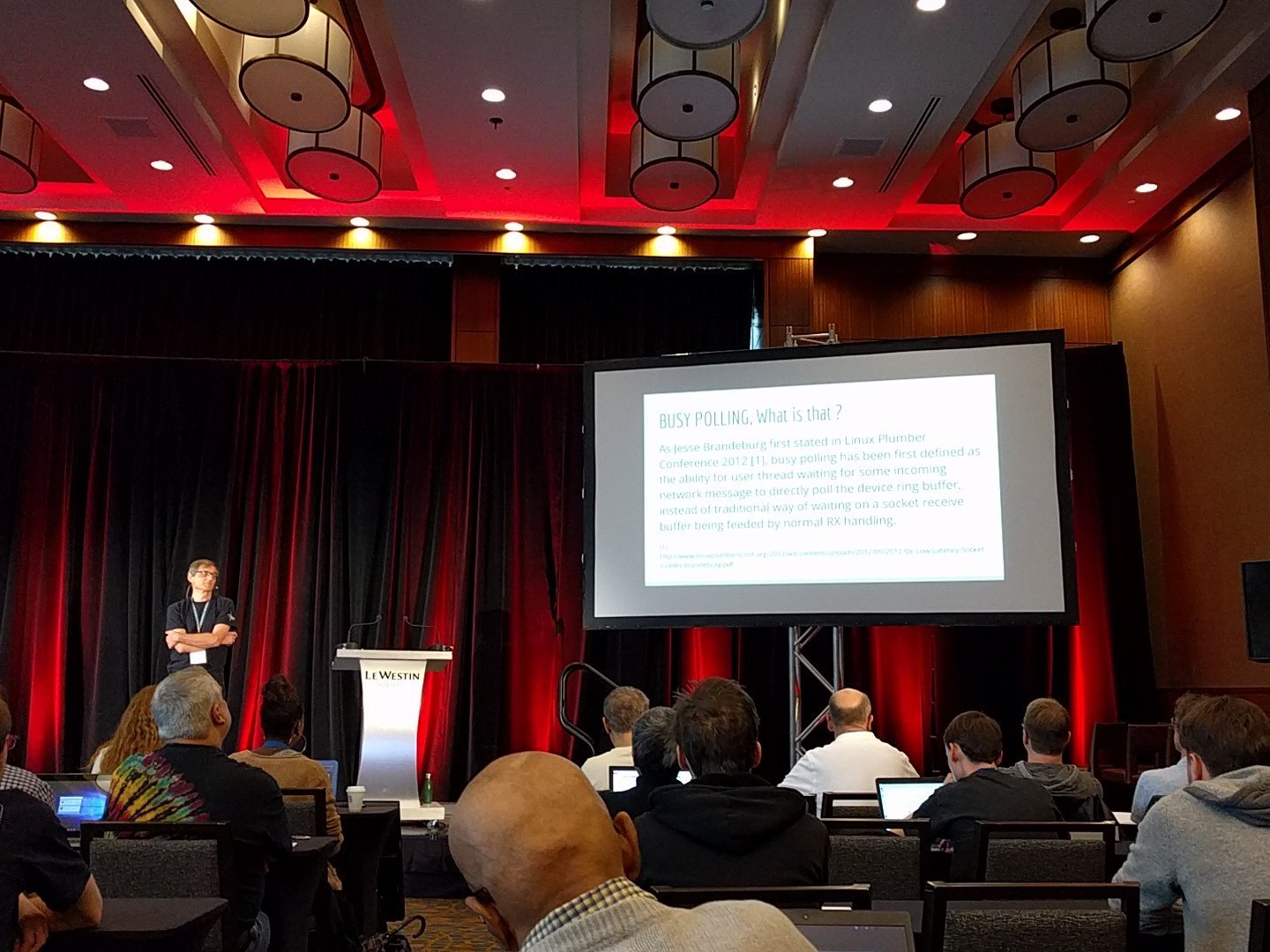

 Linus Torvalds has
Linus Torvalds has 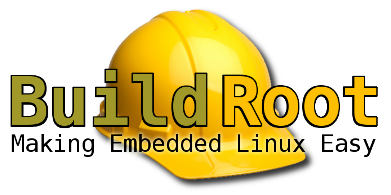 The
The 
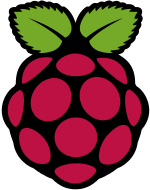 For a few months, Bootlin has been helping the
For a few months, Bootlin has been helping the 